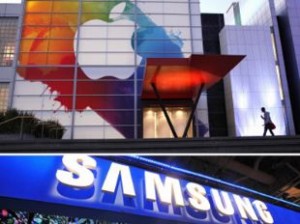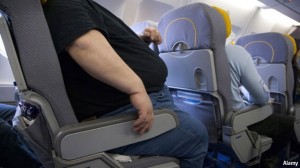
Source: http://maisonstyle.wordpress.com/2011/05/13/discount-designer-items-in-canada-yes-please-ship-away/
All the shopaholics out there are well aware that Black Friday is approaching. In other words, one day of shopping chaos including long-line ups, mobs of people, and walking into stores that are far more disorganized than your bedroom during exam time.
So why not shop online?
Steven Zussino, founder of Groceryalerts.ca, has been participating in Black Friday for years, through online shopping. He states that he feels less pressure shopping online, as he is able to “take [his] time reading the reviews and feedback from other customers”. Signing up for newsletters is also a great way to stay updated on sales. Aside from being more relaxing, online shopping helps you save money on gas and hotel accommodation (depending on how far you travel to tackle the good sales).
As much as I despise long line-ups, and big crowds at my favourite store, I would much rather prefer going to the actual store than shopping online. I think what stops me from shopping online is the fear of ordering the wrong size and then having to go through the disappointment, trouble of sending it back, and re-ordering. I think it all comes down to personal preference and what you’re willing to give up.
Read article here









